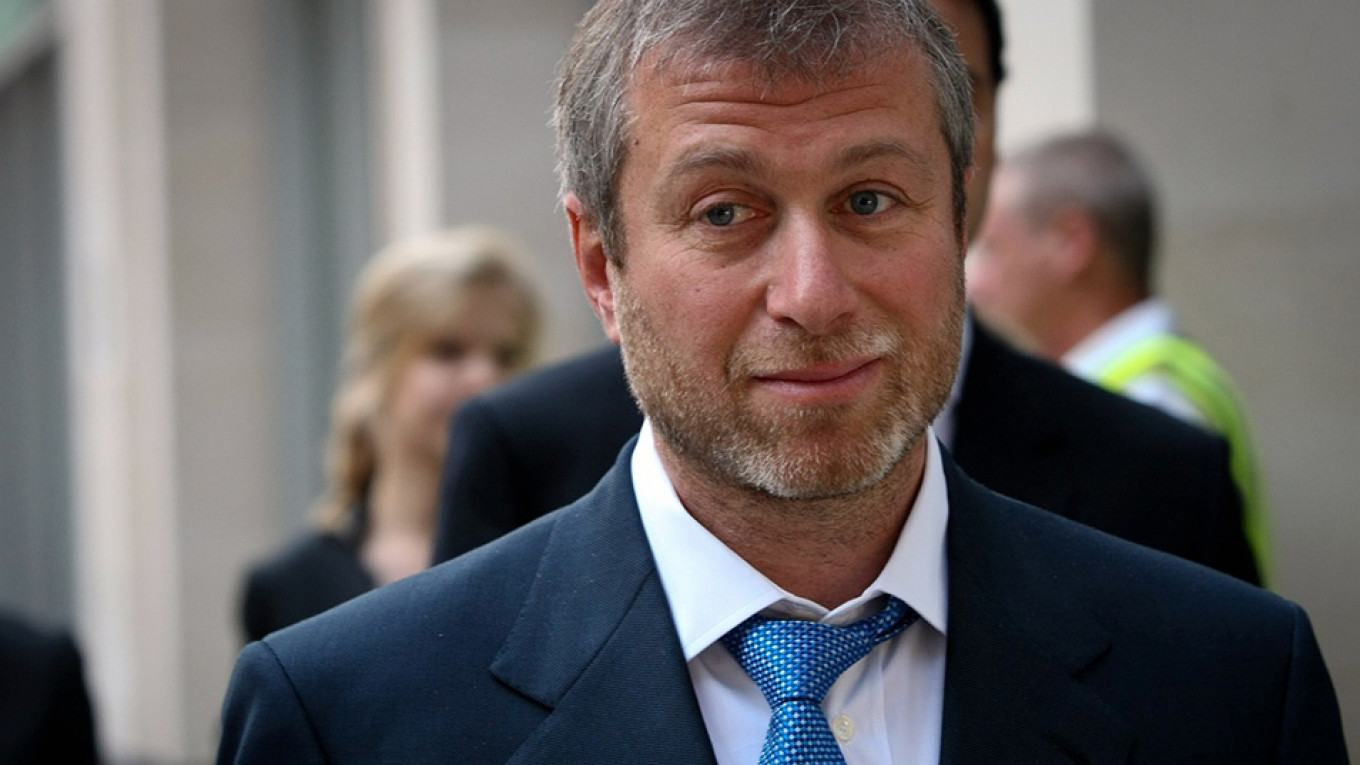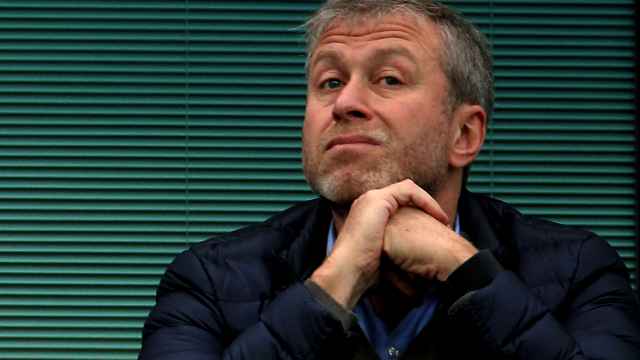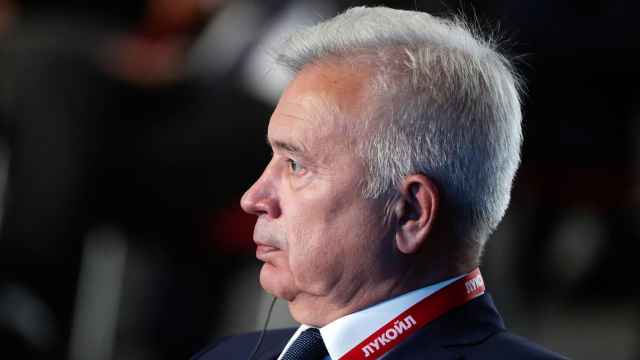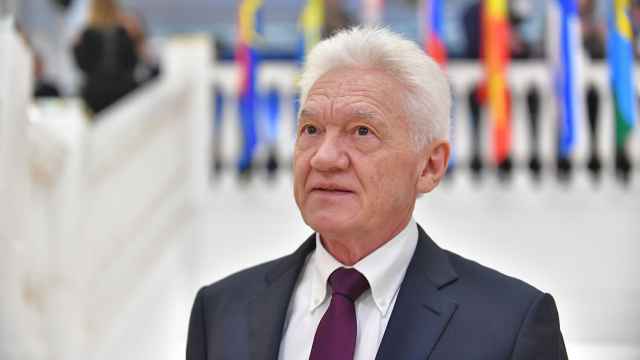Switzerland’s top court lifted reporting restrictions on the reasons for Roman Abramovich’s failed bid for residency in the Alpine nation, rejecting the Russian billionaire’s claims that disclosure would damage his reputation.
The Supreme Court judges cited concerns raised by Swiss police that Abramovich was “suspected of money laundering” and had “presumed contacts with criminal organizations,” according to the text of the Sept. 21 decision released Tuesday. The owner of London’s Chelsea Football Club was seeking to keep the comments out of the public.
These would make his residency in the country “a threat for public safety” and also “a reputational risk for Switzerland,” according to the document. Abramovich, through his lawyer, denies allegations of money laundering and ties to criminal organizations made by the Swiss authorities.
Abramovich built his fortune from the sale of privatized assets acquired from the former Soviet Union, including Sibneft and Aeroflot. He’s worth an estimated $14.8 billion, based in part on his ownership in steelmaker Evraz and Norilsk Nickel, and is known for his close relations to Russian President Vladimir Putin.
Despite his enormous wealth, Abramovich hasn’t been seen in London since the U.K. government failed to renew his visa in the spring, amid a sharp deterioration in relations between London and Moscow.
Read more: Has Anyone Seen Roman Abramovich? The Final Days of Londongrad
Abramovich had applied for residency in Switzerland last year only to withdraw the application in mid-2017 after it ran into difficulties. The reasons why he dropped the request had remained a mystery, in part because of the injunction banning a Swiss newspaper from the reporting the reasons behind his decision.
The September ruling, released at the time only to the parties involved, allowed the Tribune de Geneve to publish its story, citing officials from the Swiss Federal Police who had written to immigration authorities warning them to reject Abramovich’s application.
Denied Allegations
“Any suggestions that Mr. Abramovich has been involved in money laundering or has contacts with criminal organizations is completely false,” Daniel Glasl, Abramovich’s lawyer, said in a statement. “Mr. Abramovich has never been charged with participating in money laundering and does not have a criminal record.”
Glasl said that he would ask the Swiss Federal Police, or Fedpol, to correct their statement and would also file a criminal complaint against “persons unknown” over the document leak.
A spokesman from Fedpol declined to comment on Fedpol’s concerns as expressed in the court document. Fedpol does assess whether residency permit applications threaten Switzerland’s domestic or international security, he said, but that the decision to approve or deny rests with the Swiss State Secretariat for Migration.
A Message from The Moscow Times:
Dear readers,
We are facing unprecedented challenges. Russia's Prosecutor General's Office has designated The Moscow Times as an "undesirable" organization, criminalizing our work and putting our staff at risk of prosecution. This follows our earlier unjust labeling as a "foreign agent."
These actions are direct attempts to silence independent journalism in Russia. The authorities claim our work "discredits the decisions of the Russian leadership." We see things differently: we strive to provide accurate, unbiased reporting on Russia.
We, the journalists of The Moscow Times, refuse to be silenced. But to continue our work, we need your help.
Your support, no matter how small, makes a world of difference. If you can, please support us monthly starting from just $2. It's quick to set up, and every contribution makes a significant impact.
By supporting The Moscow Times, you're defending open, independent journalism in the face of repression. Thank you for standing with us.
Remind me later.






